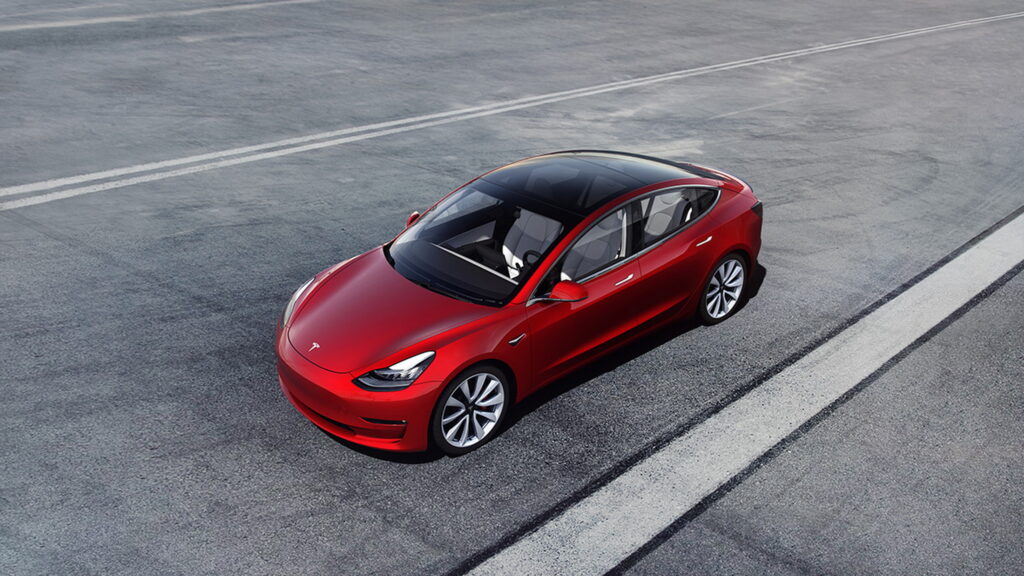- Hundreds of complaints have been filed with the NHTSA about Tesla models that can unexpectedly brake automatically.
- The judge dismissed claims that the EV maker had been charging excessive car insurance premiums.
Over the years, many Tesla owners have reported complaints about “phantom braking”—a phenomenon where the car suddenly and inexplicably applies the brakes, often with no apparent hazard in sight. Now, a lawsuit against Tesla over these alleged “phantom braking” issues has been allowed to move forward by a US District Judge in Chicago.
The suit accuses Tesla of concealing a defect in its forward collision monitoring system, which is said to trigger abrupt and unnecessary braking without any real danger present. While some parts of the lawsuit have been dismissed, the central claim regarding the phantom braking issue remains very much alive.
The lawsuit was originally filed by Tesla Model 3 owner Joshua Santiago in 2023. He claimed that the forward collision monitoring system used by Tesla is defective and can suddenly activate when there’s no actual danger or collision risk, described as ‘phantom braking.’ The lawsuit also alleged that Tesla was charging excessive car insurance premiums because of the reportedly defective collision monitoring system.
Read: Tesla Settles Lawsuit Against Rivian Over Claims It Stole Trade Secrets
Late last week, US District Judge Georgia Alexakis ruled to narrow the lawsuit’s scope but upheld the central claim about phantom braking. Tesla had moved to have the entire case dismissed, but the judge’s decision ensures the defect allegations will be heard in court.
The lawsuit alleges that Tesla had known about the alleged defect as early as 2015, but failed to inform customers about it. A whistleblower’s report asserts Tesla had recorded “139 cases of unintentional emergency braking,” and “383 reported phantom stops resulting from false collision warnings.” Hundreds of complaints regarding the faulty system have also been made to the National Highway Traffic Safety Administration (NHTSA).
Tesla regularly deploys over-the-air software updates, but the plaintiff argues these efforts have failed to resolve the problem. Santiago claims he “would not have purchased his vehicle…had he been aware” of the defect”, positioning the case as a matter of consumer transparency.
Insurance Premium Claims on Hold
While the phantom braking allegations proceed, Judge Alexakis dismissed claims regarding Tesla’s inflated insurance premiums because of the allegedly faulty collision monitoring system. However, plaintiffs have been granted permission to file an amended complaint to revive those claims should they gather additional evidence.
Tesla, for its part, has previously denied claims that it was aware of phantom braking issues in its popular electric vehicles.




